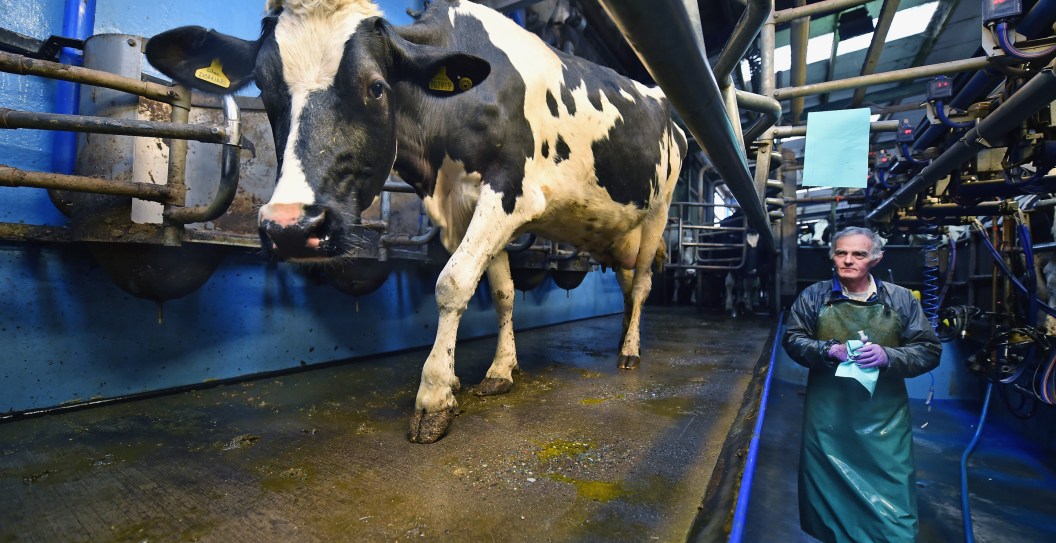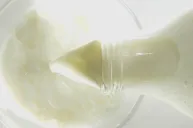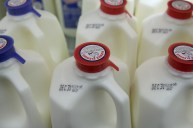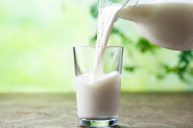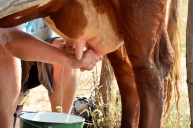The U.S. government is pushing for more testing in dairy cows trying to limit the spread of H5N1 influenza, known as bird flu. This comes after U.S. milk tested positive for virus particles
Videos by Wide Open Country
Up until this point, the USDA didn't require dairy farmers to report if their cows tested positive for the virus. Farmers only had to report positive cases in poultry. However, the agency believes this has negatively impacted their investigation and is making the change. At least 33 farms in eight states tested positive for the virus.
"There has been a little bit of reluctance for some of the producers to allow us to gather information from their farms," Dr. Michael Watson, administrator of the USDA's Animal and Plant Health Inspection Service, told CNN. With the federal order going into place, this is going to really help us address any gaps that might exist."
According to the order, any dairy cows traveling between states must be tested for the virus before they can travel. Likewise, no cows that test positive can be moved to different states. The order is designed to help limit the spread of the virus. However, right now, this only applies to dairy cows, not cattle for beef.
U.S. Milk Tests Positive For Bird Flu
"Requiring a positive test reporting will help USDA better understand the disease, and testing before interstate movement will limit the spread of the virus," he said. However, testing takes days at a time for results. This has put a hamper on farmers until the USDA can approve rapid testing on farms. The U.S. government will fit the bill for the testing as well. So far, only one person has tested positive for bird flu. He was a farmer in Texas.
However, the FDA did confirm recently that U.S. milk at the grocery stores has tested positive for virus particles. The FDA warns against drinking unpasteurized milk. However, it believes that pasteurized milk is still safe to drink and can't lead to an infection. However, the organization is conducting tests to confirm that is indeed the case.
"We anticipate results from those studies will be made available in the next few days to weeks," Don Prater, acting director of the FDA's Center for Food Safety and Applied Nutrition, said during Wednesday's news conference.
Likewise, the organization declined to confirm how widespread the outbreak could be or where the milk they tested was located. "We don't have information yet to share, but it will be coming out very shortly," he said.
